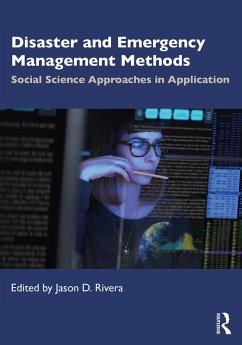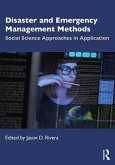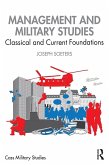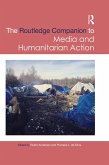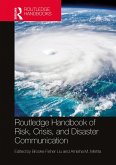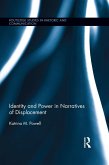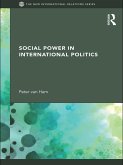The disaster and emergency management contexts have a host of challenges that affect the research process that subsequently shape methodological approaches, data quality, analysis and inferences. In this book, readers are presented with the considerations that must be made before engaging in the research process, in addition to a variety of qualitative and quantitative methodological approaches that are currently being used in the discipline. Current, relevant, and fascinating real-world applications provide a window into how each approach is being applied in the field.
Disaster and Emergency Management Methods serves as an effective way to empower readers to approach their own study of disaster and emergency management research methods with confidence.
Dieser Download kann aus rechtlichen Gründen nur mit Rechnungsadresse in A, B, BG, CY, CZ, D, DK, EW, E, FIN, F, GR, HR, H, IRL, I, LT, L, LR, M, NL, PL, P, R, S, SLO, SK ausgeliefert werden.

